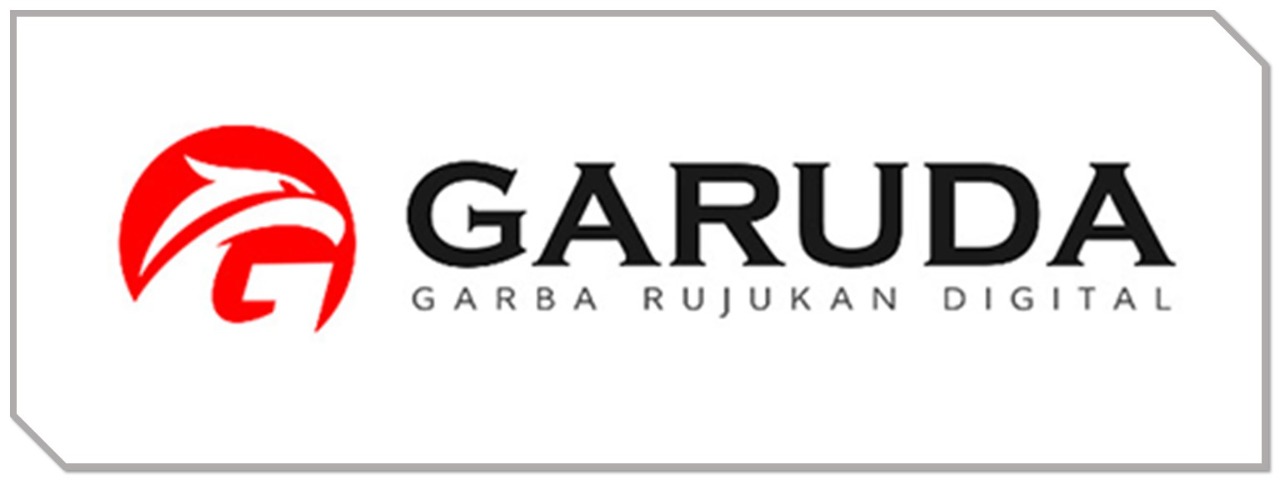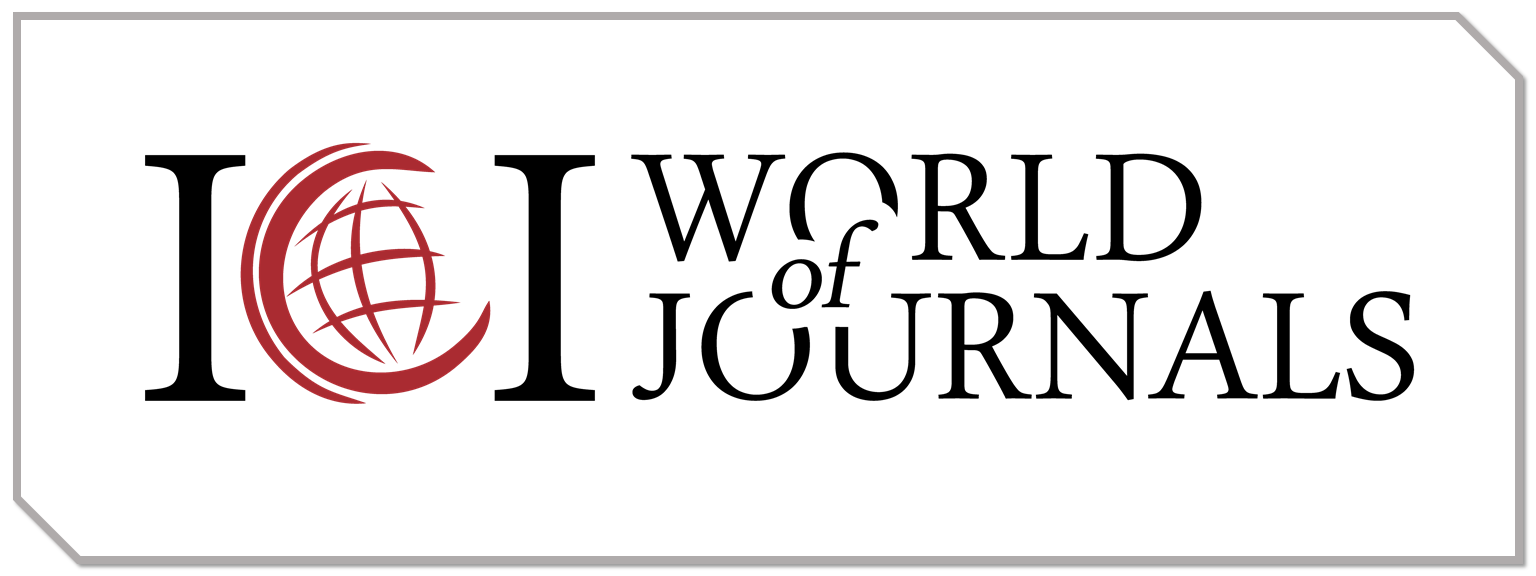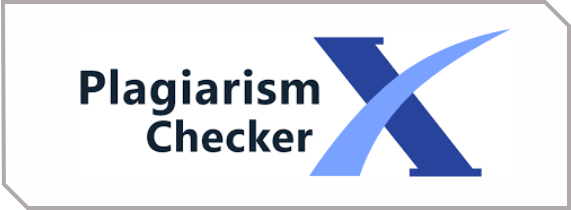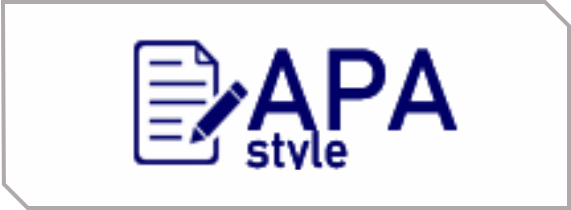Corporate Criminal Liability in Corruption in the Procurement of Goods and Services of Construction Sector
DOI:
https://doi.org/10.71370/rjlr.v1i2.13Keywords:
Criminal Liability, Corporate, Construction SectorAbstract
The hope of the Indonesian people in terms of eradicating corruption in the construction sector is not just a solution through political compromise but rather the goal of improving the welfare of the community with the availability of adequate and sustainable national development infrastructure. In Article 1 point e of Law No. 5 of 1999, a business actor is every individual or business entity, whether in the form of a legal entity or a non-legal entity that is established and domiciled or carries out activities, either alone or jointly through an agreement, Organizing various business activities in the economic sector. The research method used is normative juridical research where the legal research method is carried out by researching literature materials or secondary materials. The result is, Law enforcers are free to choose theories and doctrines based on the case they face, which is important to ensnare corporations always pay attention to the principle of geen straf zonder schuld (actus non facit reum nisi mens sir rea) by being guided by existing laws. And Corporations can be held accountable when corruption crimes occur in the procurement of goods and services in the construction sector.
References
Akhmaddhian, S., Suwari, et al. (2022). Kewenangan Komisi Pemberantasan Korupsi (KPK) dalam penanggulangan tindak pidana korupsi. Jurnal Logika, 13(1), 23–37.
Alief, A. M. (2024). Reconstruction of special sentencing guidelines on state loss crime in the Indonesian Criminal Code. Jurnal Integritas, 10(1), 149–160.
Amirullah, M. A. (2012). Korporasi dalam perspektif subyek hukum pidana. Al-Daulah: Jurnal Hukum Dan Perundangan Islam, 2(2), 139–160.
Arief, B. N. (2006). Sari kuliah perbandingan hukum pidana. Jakarta: Rajagrafindo Persada.
Aslam, N. (2021). Pencegahan korupsi di sektor BUMN dalam perspektif pelayanan publik di Indonesia. Jurnal Integritas, 7(2), 359–372.
Atmasasmita, R. (2000). Perbandingan hukum pidana. Bandung: Mandar Maju.
Bustan, R., & Mailani, L. (2022). Effectiveness of anti-corruption counseling with psycho-religious approach to develop student integrity character. Jurnal Integritas, 8(1), 135–149.
Domas, Z. K. S., et al. (2022). Prediksi transparansi pelanggaran fraud sebagai budaya antikorupsi: Eksperimen decision tree. Jurnal Bina Praja, 14(2), 34–43.
Farizy, M. R. A., et al. (2023). LPI dalam lingkar pertanggungjawaban kerugian negara. Yogyakarta: Bintang Semesta Madani.
Felisiano, I., & Paripurna, A. (2023). Application of restorative justice and corruption practices. Jurnal Integritas, 9(1), 135–145.
Hafidz, D. P., & Farizy, M. R. A. (2023). Perlindungan hukum pemegang saham terhadap tindakan penarikan kembali saham ditinjau dari undang-undang perseroan terbatas. Jurnal Ilmu Kenotariatan, 4(1), 65–76.
Hukum Online. (2011). Perbedaan antara suap dan gratifikasi. Retrieved from http://www.hukumonline.com/klinik/detail/cl3369/perbedaan-antara-suap-dengan-gratifikasi
Hukum Online. (2013). Ini korporasi pertama yang dijerat UU Tipikor. Retrieved from http://www.hukumonline.com/berita/baca/lt50feae76da8bf/ini-korporasi-pertama-yang-dijerat-uu-tipikor
Hukum Online. (2016). Terobosan UNCAC dalam pengembalian aset korupsi melalui kerjasama internasional. Retrieved from http://www.hukumonline.com/berita/baca/hol19356/terobosan-uncac-dalam-pengembalian-asetkorupsi-melalui-kerjasama-internasional
Kahar, M. P. E., et al. (2023). Delik suap dan gratifikasi dalam tindak pidana korupsi: Studi kasus putusan hakim dalam praktik penegakan hukum. Jurnal Anti Korupsi, 13(1), 12–21.
Kawinda, J. G. (2017). Pertanggungjawaban korporasi dalam tindak pidana korupsi di bidang pengadaan barang dan jasa sektor konstruksi. Jurnal Lex Privatum, 5(6), 1–8.
Komalasari, R., & Mustafa, C. (2024). Strengthening asset recovery efforts: A path to mitigating corruption in the public sector. Jurnal Integritas, 10(1), 137–148.
KPK. (2013). Dahlan minta BUMN jujur kepada KPK, Juli 2013. Retrieved from http://kpk.go.id/id/berita/beritasub/1180-dahlan-minta-bumn-jujur-kepada-kpk
KPK. (2024). 6 strategi pencegahan dan pemberantasan korupsi. Retrieved from http://acch.kpk.go.id/6-strategi-pencegahan-dan-pemberantasan-korupsi
Oktaviyani, R., et al. (2015). Analisis bingkai: Konstruksi koruptor di majalah Detik. Jurnal Interaksi Online, 3(1), 1–10.
Prasetyo, M. B., et al. (2023). Analisis United Nations Convention Against Corruption 2003. Jurnal Anti Korupsi, 13(2), 32–43.
Putri, V. I. (2022). Sinergi pendidikan anti korupsi dan nilai anti korupsi dalam menangkal korupsi di Indonesia. Jurnal Sui Generis, 2(4), 34–45.
Salsabila, D. (2020). Rekonstruksi problematika pertanggungjawaban pidana korupsi korporasi: Kajian normatif kedudukan hukum diametral badan usaha milik negara. Majalah Hukum Nasional, 50(1), 50–65.
Saptono, P. B., & Purwanto, D. (2022). Analysis of good corporate governance's ineffectiveness in preventing corruption in BUMN. Jurnal Integritas, 8(1), 77–94.
Siagian, F. S., et al. (2024). Justice based corruption eradication policy: A comparison between Indonesia and Denmark. Jurnal Integritas, 10(1), 29–52.
Sinaga, L. V. (2022). Legalitas operasi tangkap tangan (OTT) Komisi Pemberantasan Korupsi terhadap korupsi. Journal of Social, Justice and Policy, 1(2), 56–67.
Sindo News. (2013). Gratifikasi = suap. Retrieved from http://nasional.sindonews.com/read/2013/08/29/18/776765/gratifikasi-suap
Toloh, P. W. Y. (2024). Conflicts of interest and handling mechanisms in public finances management. Jurnal Integritas, 10(1), 65–80.
Valentine, V. L., et al. (2023). Penafsiran keadaan tertentu dalam tindak pidana korupsi: Perspektif teori kepastian hukum. Jurnal Anti Korupsi, 13(1), 1–11.













